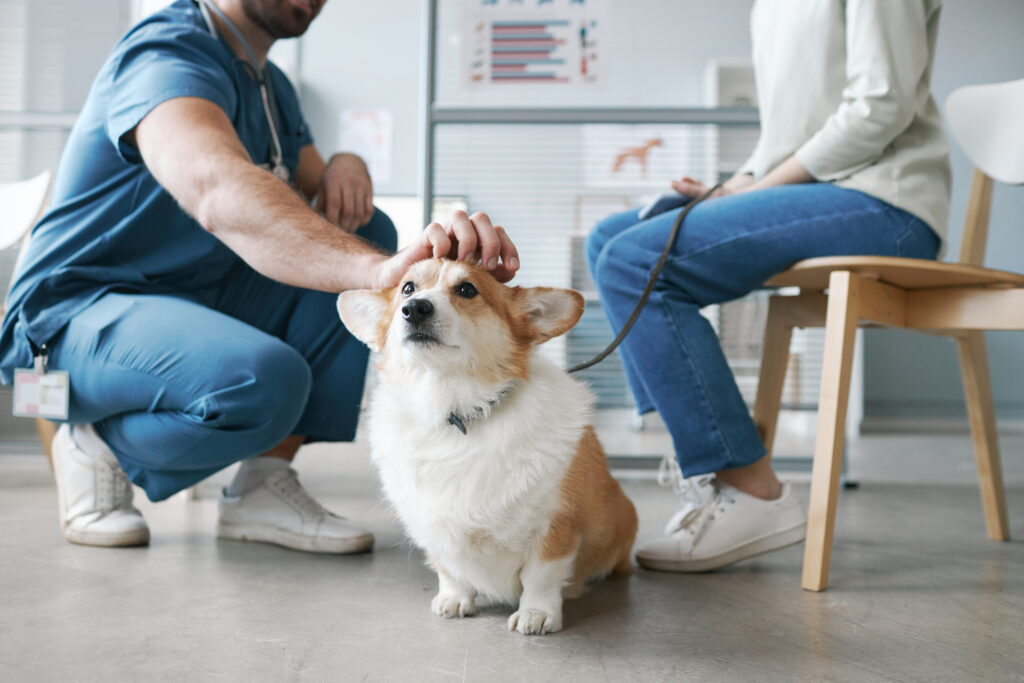National Pet Cancer Awareness Month is a time to reflect on the impact of cancer on our beloved pets and to raise awareness about its prevention and treatment. In this blog, we will explore the significance of this awareness month, drawing on trusted information from PetMD.
The Prevalence of Pet Cancer

Cancer can affect pets just as it does humans. It’s estimated that one in four dogs and one in five cats will develop cancer in their lifetime. The diagnosis can be daunting, but early detection and understanding the risk factors can significantly improve the prognosis.
Recognizing the Signs
Detecting cancer in pets can be challenging, as they cannot communicate their discomfort in the same way humans can. PetMD highlights common signs to watch for:
- Lumps and Bumps: Any unusual growths or masses on your pet’s body should be examined by a veterinarian.
- Changes in Behavior: Look for alterations in eating habits, exercise routines, or overall demeanor. These could be indicative of an underlying issue.
- Unexplained Weight Loss: Sudden and unexplained weight loss can be a red flag for various health problems, including cancer.
- Lethargy: A loss of energy or enthusiasm can be a symptom of cancer or other illnesses.
- Difficulty Eating or Swallowing: If your pet seems to have trouble eating or swallowing, this could indicate oral or throat cancer.
Preventing Pet Cancer
While cancer is not always preventable, there are steps you can take to reduce the risk.
- Regular Vet Check-ups: Routine veterinary visits allow for early detection and intervention.
- Healthy Diet: Feed your pet a well-balanced diet, maintaining an appropriate weight to minimize obesity-related cancer risks.
- Exercise: Regular physical activity keeps your pet’s immune system strong and helps prevent obesity.
- Limit Environmental Toxins: Reduce exposure to environmental toxins, such as tobacco smoke or pesticides, which may contribute to cancer.
Caring for Pets with Cancer
If your pet is diagnosed with cancer, there are various treatment options available, including surgery, chemotherapy, radiation therapy, and immunotherapy. Consult your veterinarian to discuss the best approach for your pet. Additionally, PetMD suggests considering factors like your pet’s age, overall health, and cancer type when making treatment decisions.
National Pet Cancer Awareness Month serves as a reminder to prioritize our pets’ health, be vigilant about cancer signs, and seek regular veterinary care. By following guidance from organizations like INVMA and utilizing trusted resources like PetMD, you can make informed decisions and provide the best possible care for your furry friends. Early detection and a proactive approach can improve the chances of successful treatment and recovery.